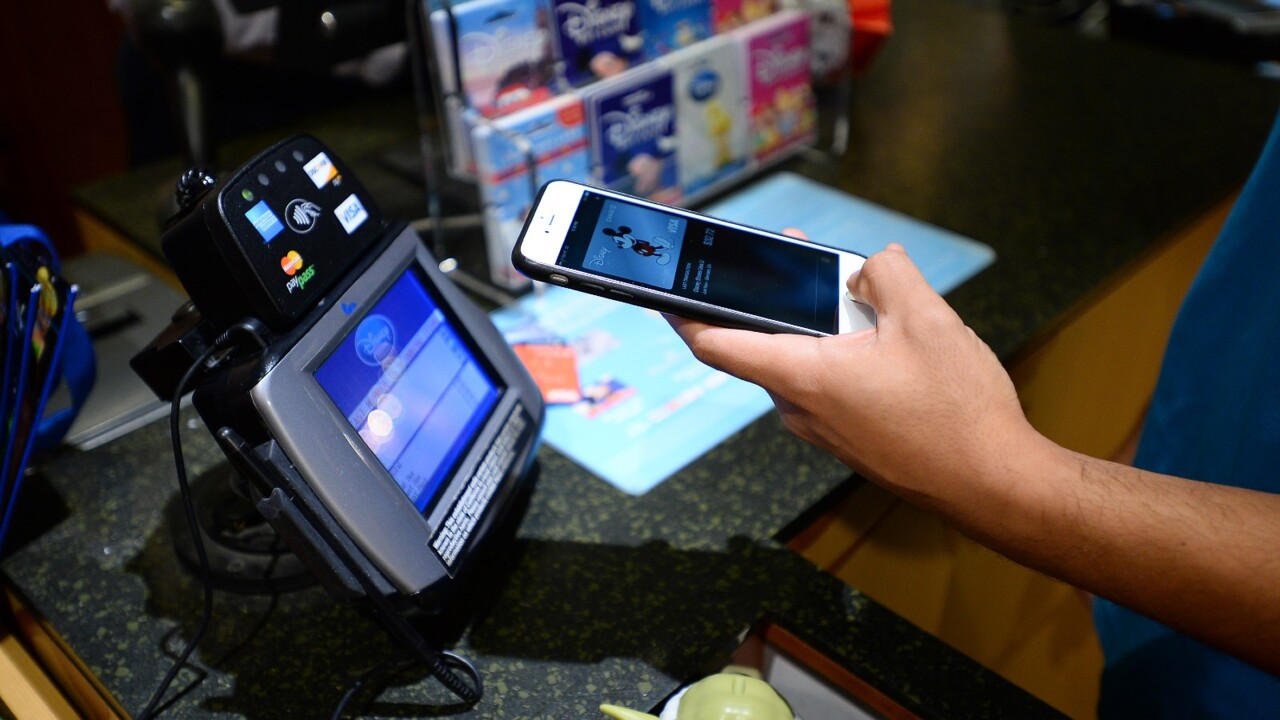RBA governor Michele Bullock warns that Israel-Gaza conflict could entrench stick inflation
RBA governor Michele Bullock says that rising conflict between Hamas and Israel could make the job of returning inflation to target more difficult, adding to the possibility of another rate hike.

Reserve Bank governor Michele Bullock says the fallout from Hamas’s terrorist attack on Israel threatens to normalise high levels of inflation for Australian households, which could lead to another rate hike.
Speaking at the Australian Financial Security Authority Inaugural Summit in Sydney, Ms Bullock said that the central bank would typically look through one-off shocks to supply that lifted prices, but noted it was another headwind against inflation falling to 2-3 per cent by 2025
“But the problem is we’ve had shock after shock after shock,” she said on Wednesday.
“The more that keeps inflation elevated, even if it’s from supply shocks, the more people adjust their thinking.”
“And the more people adjust their inflation expectations, the more entrenched inflation is likely to become. So that’s the challenge.”
Ms Bullock said told delegates at the conference that while the conflict had seen oil prices climb, a war could further weaken the European economy.
Data from the Australian Bureau of Statistics showed that after several months of inflation slowing, the monthly CPI indicator was 5.2 per cent in the 12 months to August compared to 4.9 per cent in July.
Minutes from Ms Bullock’s first RBA meeting earlier this month as governor showed that the central bank now had a “low tolerance for a slower return of inflation to target than currently expected”. This has seen economists up the chance of a rate hike if next week’s inflation print comes in hotter than expected when the board meets on Melbourne Cup day.
The governor said that while conflict between Israel and Gaza had been simmering for some time, no one had anticipated what had unfolded since Hamas invaded Israel to occur.
“It just adds a little bit more uncertainty. People aren’t quite sure how long it’s going to go, so now it goes into sort of the uncertainty bucket rather than the shock bucket, if you like.”
The RBA had also started to see monetary policy start to bite households after 400 basis points worth of rate hikes since May 2022. Ms Bullock said that consumption levels from households were down per capita, but were being elevated from a surge of immigrants entering into Australia.
“We’ve had quite a lot of immigration post-pandemic, but generally we’d say consumption is pretty subdued. We know that a lot of households are finding it difficult because interest rate rises have started to eat into their spare cash flow,” she said.
The price of services, from hairdressing to restaurants, were continuing to grow quickly and were harder to shift, while the renewed property market strength was blunting the impact of rate hikes.
“We’ve got housing prices increasing again, which usually gives people a little bit of confidence, their wealth is increasing,” Ms Bullock said.
“There are signs that the labour market is turning, but the labour market is still very tight and that’s putting pressure on wages. It’s a real balance here at the moment. Some people are hurting, consumption is slowing, and at the same time you’ve got these other factors which are potentially keeping inflation a little bit sticky and a little bit elevated.”




To join the conversation, please log in. Don't have an account? Register
Join the conversation, you are commenting as Logout